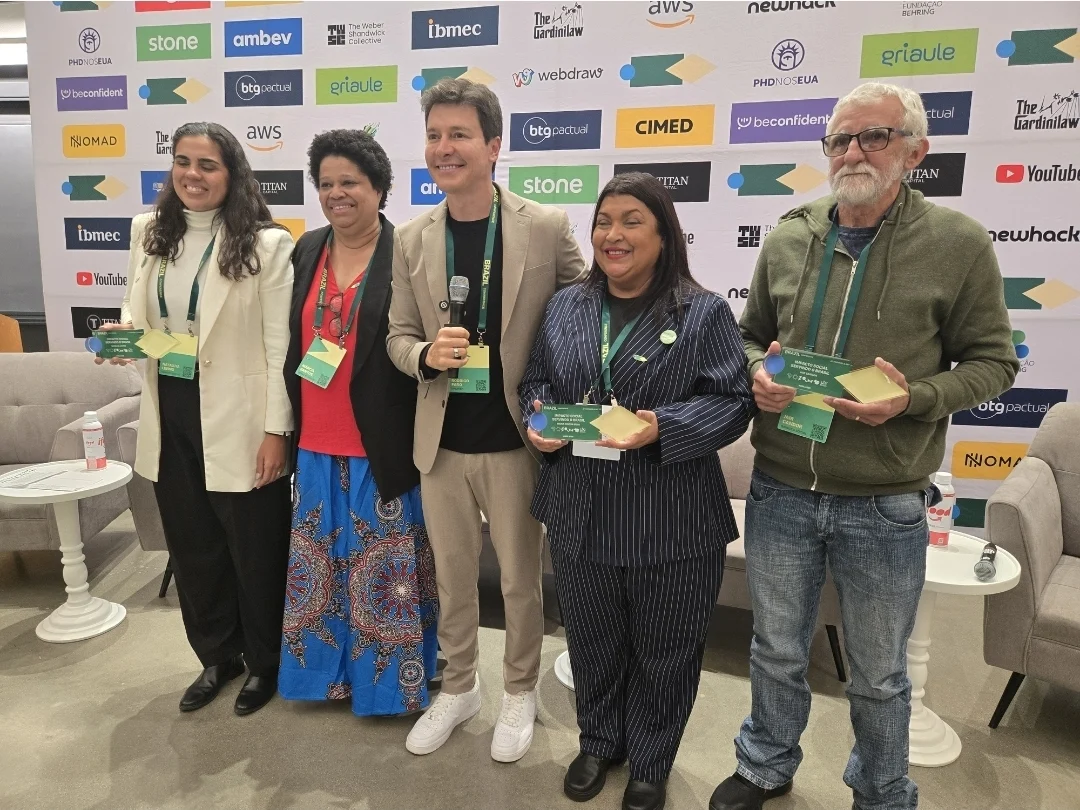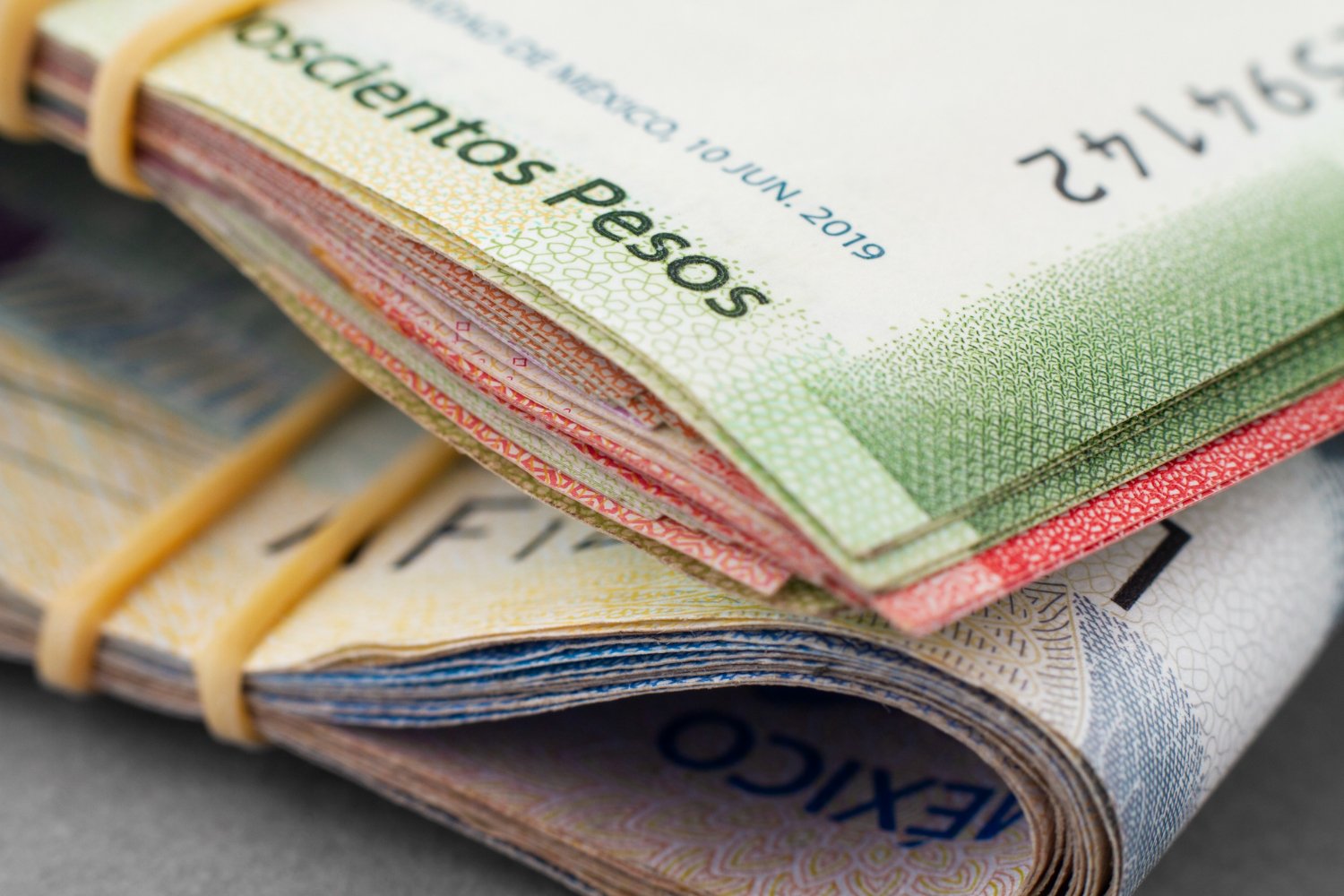
- media@moneyinfocus.news

On April 12 and 13, Harvard and MIT served as the backdrop for the Brazil Conference 2025, an event that reaffirms its crucial role in promoting significant transformation for Brazil.
In its 11th edition, the conference continues to stand out as an enriching meeting place, gathering thinkers, innovators, and leaders from various sectors to discuss critical topics such as innovation, sustainability, and social inclusion.
With the participation of renowned speakers and the active involvement of an engaged audience, the Brazil Conference 2025 not only facilitated the exchange of valuable ideas but also reinforced the importance of connecting generations of leaders.
Discussions on necessary innovations and social equity were key highlights, particularly at a time when Brazil faces urgent contemporary challenges.
This event, organized by Brazilian students in the United States, has become a vital platform for driving significant changes both locally and globally, fostering the development of solutions that can transform Brazilian society.
One of the main highlights was a panel led by Rodrigo Verdi, a distinguished professor at the MIT Sloan School of Management. His insightful analysis of how transparency and effective management become crucial for protecting investors and businesses in the face of challenging high-interest and inflationary pressures sparked valuable reflections on the contemporary economic landscape. According to the expert, organizations and individuals that establish structured processes for tracking their finances, while closely analyzing economic indicators, demonstrate greater resilience in the face of financial turmoil.
The event also featured influential figures such as Helena Nader, president of the Brazilian Academy of Sciences (ABC), as well as Marcia Castro and Artur Avila, who enriched the discussion with their experiences and perspectives. The exchange of ideas fostered by this panel underscored the importance of governance and offered practical insights applicable across all sectors, highlighting the conference’s relevance to the general public.

Panelists argued that overcoming economic challenges requires the adoption of solid and effective strategies.
Structured financial management, which involves implementing robust systems for monitoring revenues, expenses, and cash flow, is crucial for ensuring the financial health of businesses. Additionally, cultivating a culture of transparency strengthens trust among clients, suppliers, and investors, creating a more collaborative and sustainable environment.
Developing financial competencies is equally important, as it provides a deep understanding of the economic impacts on daily operations, leading to more informed and secure decision-making.
Lastly, adaptive agility becomes a competitive advantage, as it allows for the rapid reconfiguration of strategies in response to changes in macroeconomic conditions, as observed in the context of the Brazil Conference 2025.
These integrated approaches not only help mitigate risks but also promote sustainable growth in challenging times.
The event also highlighted how the collaboration between individuals and companies, through the adoption of responsible financial practices, contributes to strengthening a resilient and sustainable economy. Shared responsibility emerges as a fundamental pillar for building a robust and transparent business environment in today’s context.
Through organization, transparency, and continuous education, it is possible not only to face contemporary economic challenges but also to lay the groundwork for a future that promotes stability and shared prosperity. Thus, each economic agent plays a vital role, reinforcing the notion that collaboration and responsibility are essential for collective progress.
The diversity of topics covering a wide range of contemporary issues critical to understanding global and local challenges were also highlights of the program.
The panels featured discussions about the impact of technology and artificial intelligence on the future of industries, alongside debates on politics and economics essential for Brazil’s development.
Furthermore, the conference explored vital topics such as science, health, and the environment, emphasizing the urgency of sustainability and social justice.
The inclusion of cultural and sports themes, along with digital communication, further enriched the meeting, reflecting the complexity and interconnection of various societal aspects, thereby reinforcing how a collaborative environment is fundamental for inspiring innovative solutions and fostering productive dialogue between experts and the general public.
The “Dialogues” program extended the conference debates to public schools across all regions of Brazil, encouraging students to develop critical reflections in textual format. The top five texts, representing each region of the country, were awarded certifications, mentorships, English courses, and professional development workshops.
The Brazil Conference also highlighted the relevance of Social Transformation Programs, uniting innovative initiatives aimed at promoting significant changes in the country. Among them, HackBrazil stood out as a platform that drives startups with creative and disruptive ideas. AI4Good showcased how artificial intelligence can be used to tackle national challenges, while the Ambassadors program strengthened community leadership and third-sector entities.
The recognition of Outstanding Researchers emphasized the importance of scientific excellence in Brazil, and the Serving Brazil initiative valued public servants who transform their communities. Additionally, the Culture in Action project supported artists engaged in social causes.
The 21 winners of these initiatives had the unique opportunity to participate in a week of immersion at Harvard and MIT, receiving mentorship and training that will undoubtedly enhance their impact. This conference reinforces Brazil’s commitment to innovation and positive social change.
The Brazil Conference is organized annually by Brazilian students in Boston and aims to foster dialogue and collaboration across various sectors of Brazil. This year, the conference took place from April 11 to 13.
Prominent personalities from the country gathered to share their experiences and insights, drawing global attention to investment opportunities in Brazil.

We are a dynamic daily channel dedicated to delivering essential insights on economics, business, and politics—empowering professionals and decision-makers to navigate a complex and fast-evolving world. Our content blends in-depth reporting, exclusive analysis, and strategic interviews to help readers stay informed, anticipate opportunities, and make smarter decisions. Connect with us at info@moneyinfocus.news
to collaborate or learn more.













